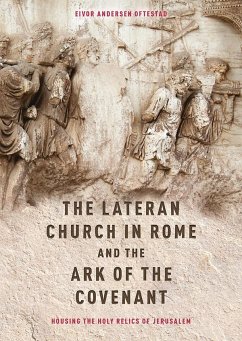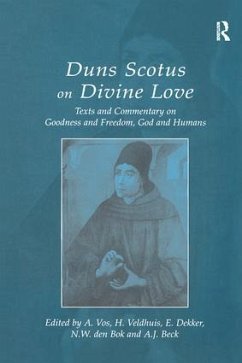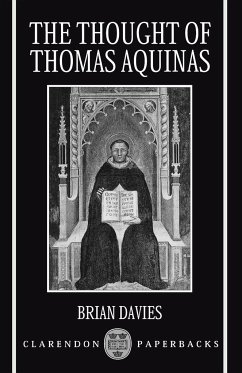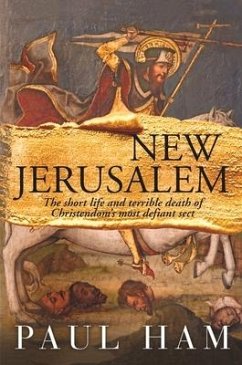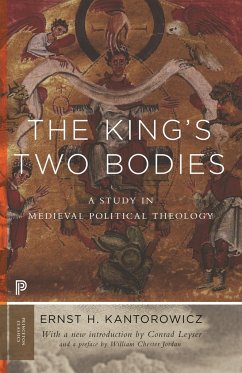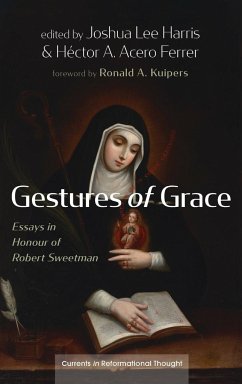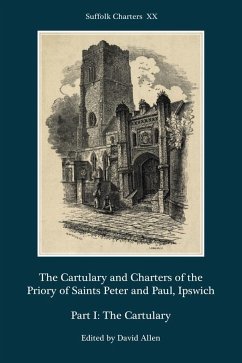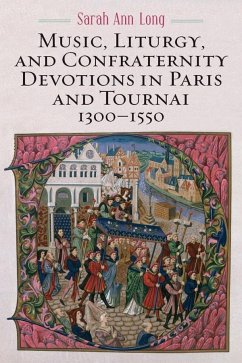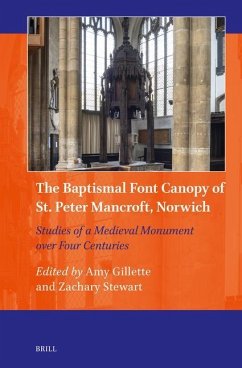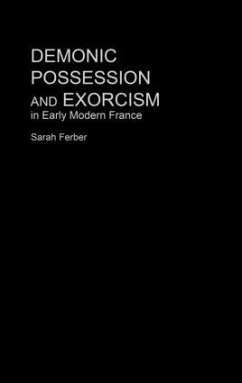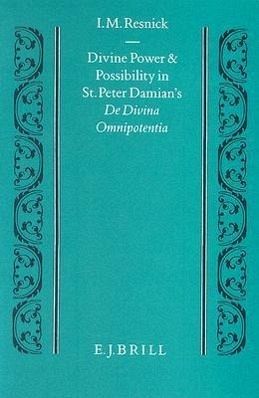
Divine Power and Possibility in St. Peter Damian's de Divina Omnipotentia
Versandkostenfrei!
Nicht lieferbar
Contemporary critics have argued that medieval philosophers have transmitted a concept of divine omnipotence that is unintelligible and self-contradictory: one which defines omnipotence as a power capable of producing any effect whatsoever. This study, concentrating upon the first Latin treatise explicitly devoted to omnipotence, places the concept of divine power in its patristic and early medieval context in order to demonstrate that this "traditional" concept of omnipotence was quite unknown among pre-scholastic figures. This work illuminates the patristic and early medieval background to D...
Contemporary critics have argued that medieval philosophers have transmitted a concept of divine omnipotence that is unintelligible and self-contradictory: one which defines omnipotence as a power capable of producing any effect whatsoever. This study, concentrating upon the first Latin treatise explicitly devoted to omnipotence, places the concept of divine power in its patristic and early medieval context in order to demonstrate that this "traditional" concept of omnipotence was quite unknown among pre-scholastic figures. This work illuminates the patristic and early medieval background to Damian's seminal text and its theological and philosophical concerns. It explores Damian's central argument that God can, if He wills, even annul the past. This conclusion stems from Damian's insistence that divinity's primary attribute is Goodness and not Being. As such, God's power remains constrained only by divine goodness and is able to do anything whatsoever, even effect a logical contradiction, if it is good to do so.




